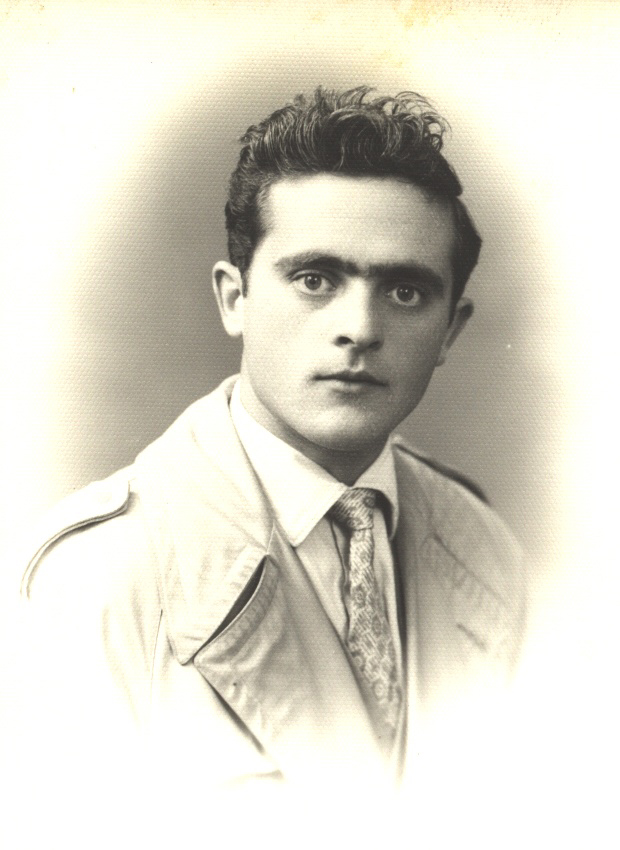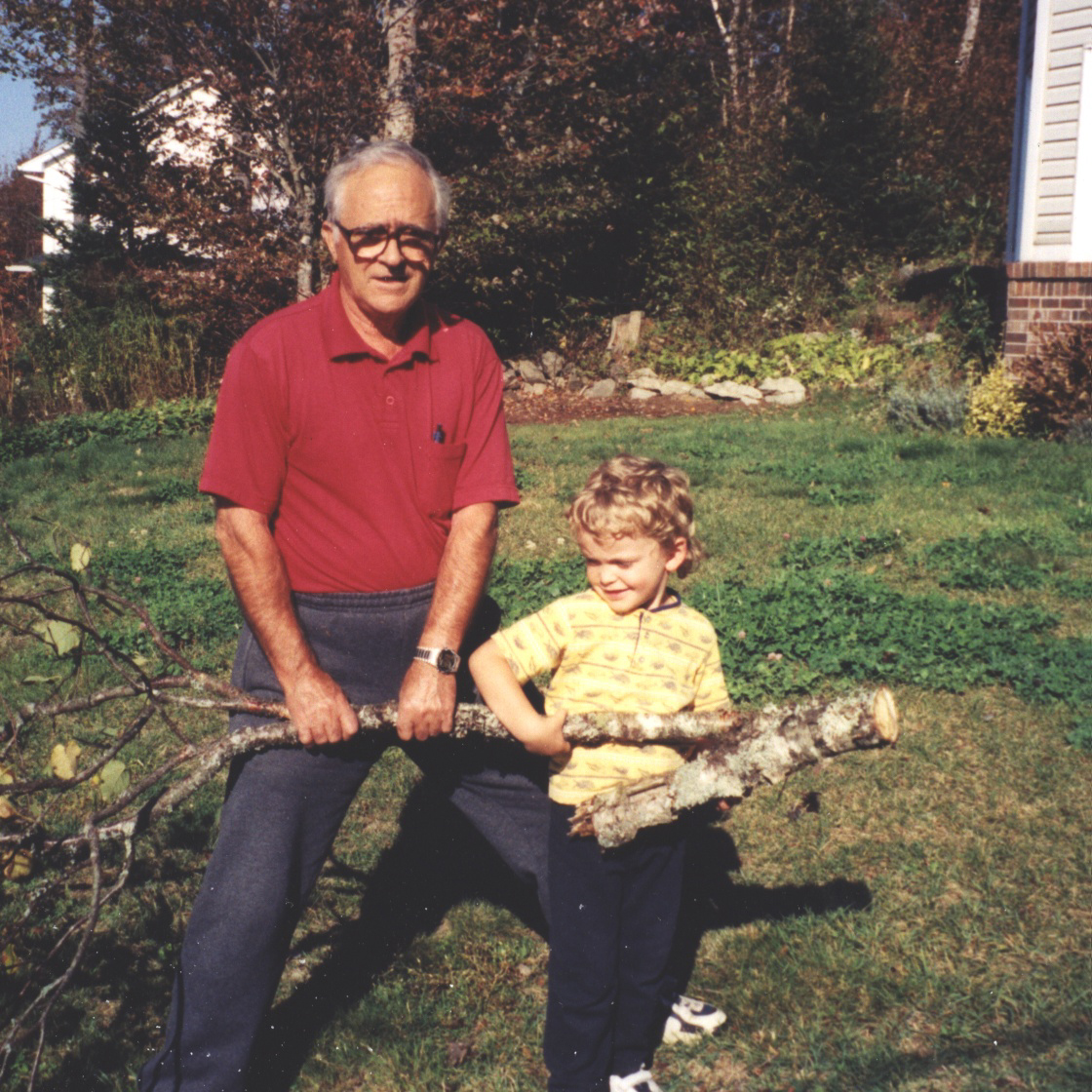Sobey Wall of Honour
Column
2
Row
1
Filippo was born in central Italy in 1933 in a little village about 120 km from Rome. His parents are Luigi and Adelina. There were 10 children in his family. Filippo says that life was not that great and there was a lot of poverty. A lot of people left to go to other places that looked promising. He says that emigrating seemed to be the thing to do. The young people left for Canada, the United States, Australia, and Belgium.
Filippo had a brother who emigrated four years before and he sponsored Filippo. He knew a little bit of geography of the country but not much about Canada. He knew it was a big country however he says that he didn’t have a clue of how big is big.
Filippo says that he did have to go for medical exams. He had to take the ex-rays to the consul in Rome. When he did this he was told that he had something on his lung and this worried him. He was told that it was nothing medical and that it must have been pneumonia that had not been treated. He got the visa and soon after he headed for Canada.
His brother sent him the money but Filippo booked the passage himself. He didn’t pack much – just a small suitcase. He left March 9, 1956 and arrived on the 16th. It was snowing when Filippo arrived and he remembers that they had put a cover from the ship to the building and that’s all he saw. Once they gathered their suitcases, Filippo says they were sent to the trains. He headed for Montreal but some were going to Vancouver.
The ship was the Saturnia. The ship left Naples and the sea was calm so the dining rooms were full. When they hit the Atlantic Ocean the dining rooms weren’t as busy. Filippo says that he was not much affected by it so he stuffed himself and for the first time had a banana. Most of the people on the ship were Italian.
There were six people in his cabin and they exchanged names and addresses but they didn’t get in touch. Filippo says that when he looked through the windows on the train he could see snow, little houses, little trucks and more snow, more woods, more land. In Italy there is a town or village every two or three kilometers but here, Filippo says, the train kept going and there wasn’t much to be seen.
Filippo says that he did think that perhaps he would go, make some money and then go back to Italy but the longer he stayed the more he thought it wasn’t too bad. His brother met him at the train station. They lived together until Filippo got married.
Filippo says that somebody found a job for him working for the company that bottled “Orange Crush.” He says that it was quite an experience for him – he was happy that he had a job but says that he was asked to work a tremendous amount of hours. About three months had gone by Filippo didn’t feel well. His brother told him to stay home so he did, but Filippo didn’t know how to phone them and say that he was sick. When he went to work the next day he was fired.
Filippo says that was sort of a blessing. He went to the employment office and they found him a job that was only 44 hours per week (he had previously been working 60+). He stayed there quite a while before finding a new job that paid twice as much.
Filippo says that he tried to integrate. He knew he needed to learn the language and says that within six months he was speaking French well. Then he tried English but found it harder to learn. Then he met his wife who was from England so he learned English. He met his wife in 1960 or 1961. They had three daughters: Teresa, Christina and Marina.
Filippo says that the first time he went back to Italy was in 1963, has been back many times since and says that things have really changed.
Filippo says that five years after he landed he became a Canadian citizen. He also says that there was a time when he left work and went to university where he got a teaching diploma. He later went back for a bachelor’s degree and a master’s degree. While he did his masters program with the University of Alberta he moved there for the academic year and left the family behind. Filippo was studying technical education.
Filippo says that he enjoyed teaching. He retired when he was 60 – about 12 years ago. While he was teaching he got very much involved with the students and extra-curricular activities.
Filippo’s brother went back to Italy about 15 years ago. Filippo says that one of his sisters came to Canada around 1964 or 1965. Filippo says that he doesn’t think he will go back to Italy except for visits. He thinks that if he had stayed in Italy he would have found a job. He found that things weren’t too bad in Canada.
Filippo says that he did find the food different. He says that when you are used to something you expect everyone to do the same thing and everything to be the same. But it was a different story, you have to adjust to new things. When they got to the train and got sandwiches, Filippo says it didn’t seem to be food because the bread was so different. He says that you tend to be critical of things and say that he used to do things differently.
Filippo says that going to a restaurant was difficult if you didn’t know how to read the menu. You didn’t know what it meant so you didn’t know what you were getting. He used to avoid restaurants and when he did go he used to order steak and potato frites because it was easy to say.
Filippo says that he lived in the mountains in Italy and found that colder than Canada. They didn’t have any heating in the houses. Finding a stove and refrigerator and a stove was a change.


